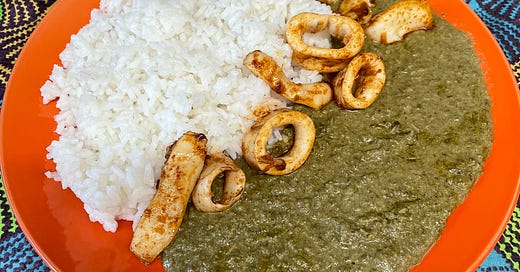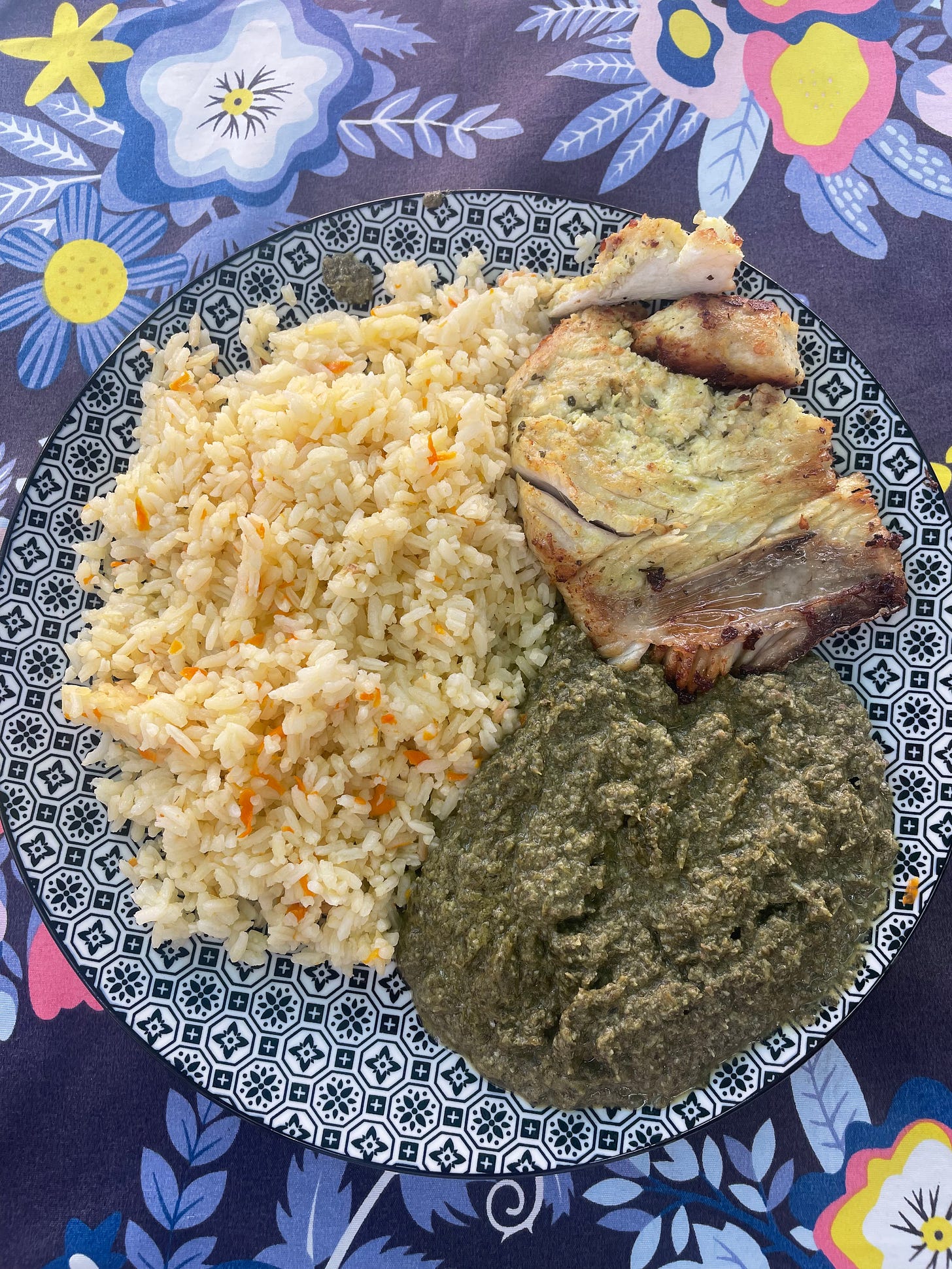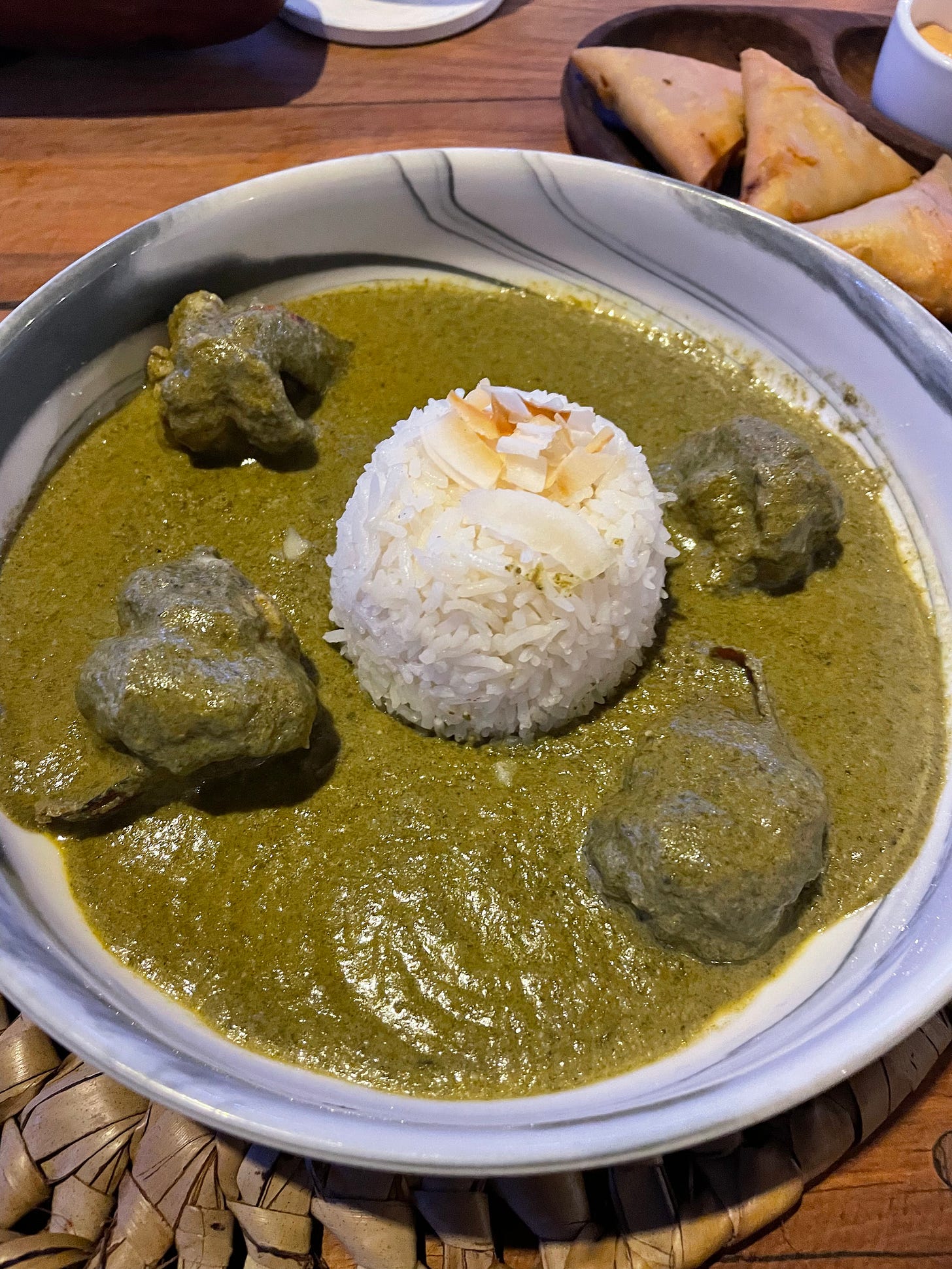This is a Matapa appreciation post tbh.
As I landed in Maputo, Mozambique, I felt the city's humidity, its vibrancy, kids excited to be back home, a mix of different ethnicities, which I didn't expect.
A city caught between its colonial legacy and the dawn of independence.
Security, though a mere formality, ushered us through with ease, a silent witness to the city's laid-back charm. This is usually how I figure out what kind of vibe the country gives off - first impressions, right? Amidst all the people waiting to pick up their passengers stood Fred—my driver—a man of few English words, yet fluent in understanding everything I had to say. I conversed with Fred in Spanish, and he replied back in Portuguese. He kind of became my right-hand man while I was out there with all the tips, history, waiting for me outside of shops, negotiating prices, and just pure banter through what was mainly body language.
June 25, 1975—a date etched in Mozambique's collective memory, marking its liberation from Portuguese colonial rule. Yet, the legacy of centuries past lingered, particularly evident in the city's food scene—a blend of flavours and influences, each dish a testament to Mozambique's storied history. The Portuguese, masters of assimilation, left an indelible mark on Mozambican cuisine—a culinary fusion born out of colonisation and circumstance. Their legacy, woven into the fabric of everyday life, shaped everything from the language spoken to the food on the table. It was challenging to find something untouched by Portuguese influence.
During my time in Mozambique, I embarked on an adventure to find the best Matapa, leading me through the villages of Vilanculos—a gorgeous coastal town, boasting sandy beaches and rich marine life.
Crafted from cassava leaves, coconut milk, ground peanuts, and garlic, Matapa offered a tantalising glimpse into Mozambique's culinary heritage. Often served with seafood—crab or prawn, which Mozambique is known for—it was a joy to witness the boys catch crabs of all sizes dominating the sandy beaches. Some Mozambican lads even prepared a delicious meal for me using freshly caught crabs, becoming my friends while I was out there.
I explored both high-end establishments and humble street food corners, struck by the surprising consistency of the Matapa dishes. Matapas, I found, were a true embodiment of Mozambican culinary tradition—a dish deeply rooted in heritage, with scarce variations despite dining in different locations. Among the array of eateries, Leopoldina stood out. Tucked away in the backyard of a local woman's home, this tiny restaurant offered authentic Mozambican fare. To secure a meal at Leopoldina, a call ahead was essential. Food in Mozambican villages was made to order, with waits often stretching beyond an hour—but trust me, it was well worth it.
The Matapa I savoured at Leopoldina was nothing short of exquisite. Paired with fragrant rice and tender white fish, it delivered an array of flavours—savouring, creamy, with just a hint of nuttiness. Each bite spoke volumes of Mozambique's culinary heritage, a testament to the dedication and skill of its cooks. Coconut, a staple ingredient, lent a strong flavour to the dish, humble yet delicious. I say speaks volumes because when a dish like this is presented to you, it's not much actually. What it is, is a piece of fish, this mashed up leaf and some rice? Extremely humble yet so comforting and it makes so much sense.
In the end, it wasn't just a meal; it was an experience—a hearty, comforting journey because this is also how I met people, became friends with the locals, shared similarities and differences through the flavours of Mozambique. I loved Mozam and I can’t wait to go back, what a special place.
The track I’ll leave you with you with today is Born To Be Wild by Steppenwolf.
Love,
Rez






